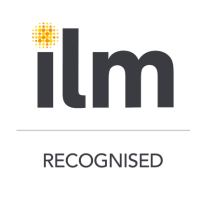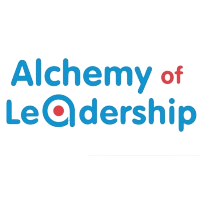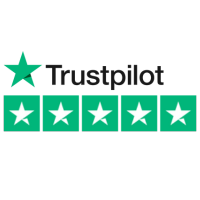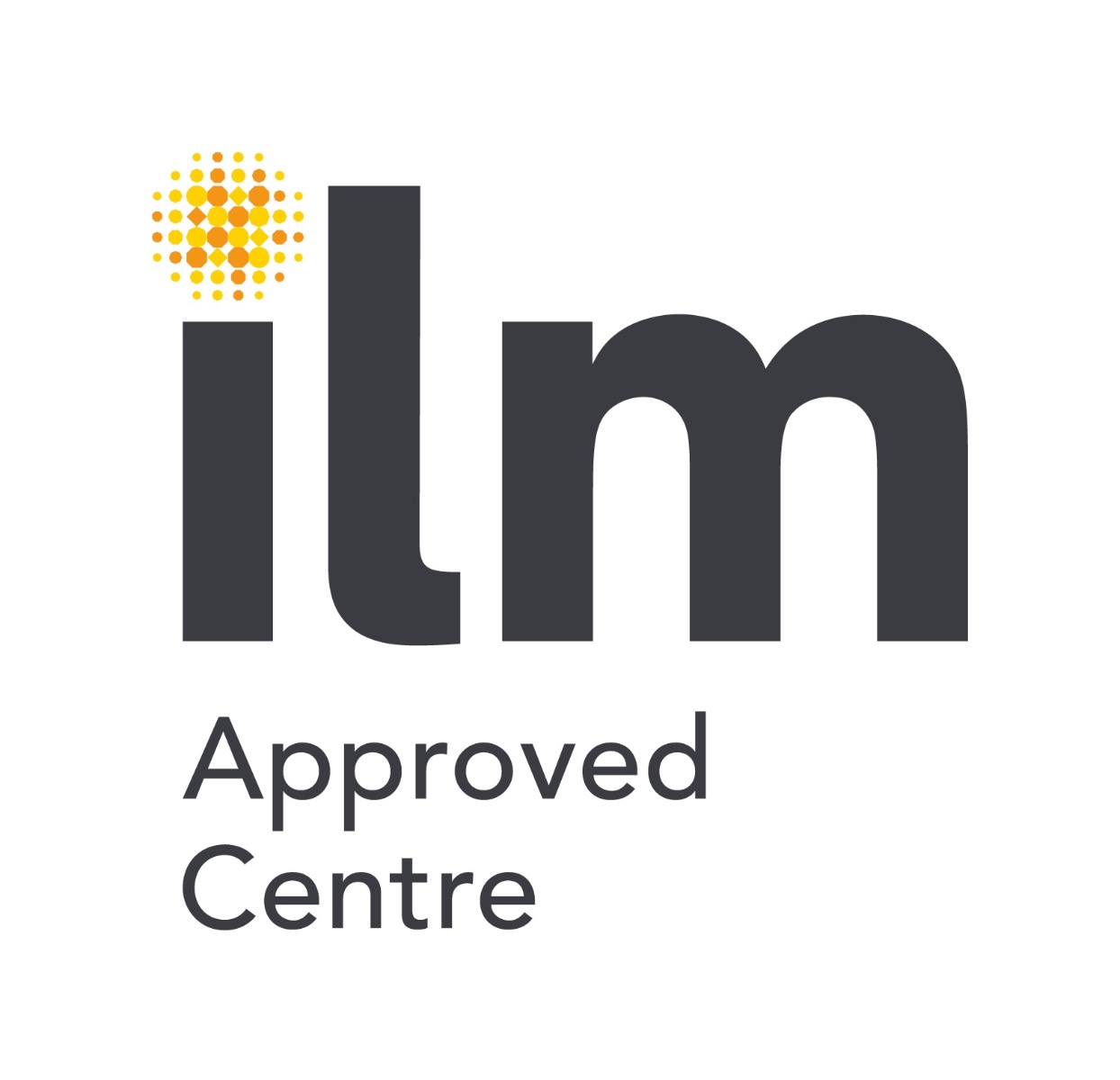We are using cookies to collect data that help us give you the best experience of our site, by continuing to use the site, you are agreeing to our use of cookies.
Read more
Core Leadership Development (ILM) 3-Day Remote
In-House Option Available

Thanks to Ralph & Claire for delivering a highly structured and engaging training programme. I am looking forward to integrating the skills and knowledge to complement my management skills.
 With our Core Leadership Course, you can begin your journey to becoming a successful leader. This programme is designed for people who want to improve their leadership skills and make a smooth transition into the world of management.
With our Core Leadership Course, you can begin your journey to becoming a successful leader. This programme is designed for people who want to improve their leadership skills and make a smooth transition into the world of management.
You can be confident that the course will provide you with the necessary tools and knowledge to excel in your new role because it has been designated as a Foundation Management Development Award by the ILM. Enroll now and take the first step towards realising your full leadership potential.



Platform information:
This course will be delivered remotely and details are sent within the joining instructions prior to the course.
All costs include ILM registration, certification fee, leadership guide and an annual pass to Alchemy of Leadership.
Course information:
The purpose of this course is to equip you with the practical skills that are essential for successful management and leadership.
Throughout the course of the programme, you will receive information from knowledgeable educators who have actual world experience working as managers and leaders.
The course has the following key modules delivered over three days
Module One:
Understanding Behaviour - Understanding and interpreting behaviour is a critical skill for any leader. In this module, we will investigate the Myers-Briggs Type Indicator (MBTI) framework, one of the world's most widely used personality assessments, and learn how it can help us better understand and work with our team members.
You will gain a thorough understanding of the four dichotomies that underpin the MBTI framework through interactive exercises and discussions: extraversion vs. introversion, sensing vs. intuition, thinking vs. feeling, and judging vs. perceiving. You will learn how to identify your own preferences as well as the preferences of others, and how these preferences affect communication, decision-making, and teamwork.
As part of this module, you will also have the opportunity to investigate the MBTI framework's strengths and limitations, as well as learn how to use it in an ethical, respectful, and constructive manner. You will learn how to apply the MBTI insights to create stronger, more cohesive teams and a workplace culture that values and leverages the diverse perspectives and skills of its members.
By the end of this module, you will have a firm understanding of the MBTI framework and a better understanding of how personality differences affect individual and team performance. You will be better able to communicate effectively, resolve conflicts, and develop stronger, more productive relationships with your team members.
Leader Skills -Delegates will reflect on the best and worst leaders they have worked with in the past, identifying the key factors that contributed to their effectiveness or ineffectiveness. We then share their observations and insights in a facilitated discussion, beginning to develop a shared understanding of what it means to be an effective leader. They will also be able to examine their own leadership strengths and weaknesses and develop a plan for future growth.
Module Two:
Dysfunctional Teams -Every team encounters dysfunctions at some point, but the most successful teams are those that can identify and address them quickly. In this module, we will look at the most common team dysfunctions and strategies for dealing with them.
Patrick Lencioni's five dysfunctions model will be discussed: lack of trust, fear of conflict, lack of commitment, avoidance of accountability, and inattention to results. You will discover how these dysfunctions affect team performance and how to identify them in your own team.
This module will also look at strategies for dealing with each of the five dysfunctions, such as building trust through vulnerability, embracing healthy conflict, fostering commitment through clarity and buy-in, holding team members accountable, and focusing on results.
By the end of this module, you will have a better understanding of the key dysfunctions that can undermine team performance, and a set of tools and strategies for overcoming them. You will be better equipped to build and lead teams that are productive, engaged, and committed to achieving shared goals.
Conflict - Conflict is an inevitable part of team dynamics and can be a powerful source of creativity and innovation. Conflict, on the other hand, can be a major source of stress and dysfunction if not managed effectively. In this module, we will look at the various types of conflict that can arise in teams, as well as strategies for dealing with them.
You will learn about conflict types such as task-related conflict, relationship-related conflict, and process-related conflict. You will learn how to recognise the signs of each type of conflict and how to effectively respond to them.
You will have a better awareness of the various types of conflict that can arise in teams, as well as a set of tools and strategies for resolving them in a constructive and collaborative manner, by the end of this module. You will be better prepared to foster a team culture that values diversity of opinion, encourages open communication, and encourages healthy conflict resolution.
By the end of this module, you will have a better understanding of the various types of conflict that can arise in teams, as well as a set of tools and strategies for resolving them in a constructive and collaborative manner. You will be better prepared to foster a team culture that values diversity of opinion, encourages open communication, and promotes healthy conflict resolution.
Module Three:
Delegation - One of the most important skills you can develop as a leader is the ability to delegate effectively. Delegation allows you to capitalise on your team's strengths and abilities while freeing up your time to focus on higher-level tasks. In this module, we will look at the advantages of delegation as well as the key principles of effective delegation.
You'll discover why delegation is necessary for effective leadership and how it can benefit both you and your team. You will learn about the various levels of delegation and the key factors to consider when deciding what tasks to delegate and to whom.
As part of this module, you will also explore the four stages of delegation: assessing readiness, assigning tasks, monitoring progress, and providing feedback. You will learn how to communicate effectively, set clear expectations, and build trust with your team members. You'll also learn how to empower your team through delegation and how to foster an accountability and ownership culture.
Feedback - Effective feedback is a critical component of delegation and an important tool for developing the skills and abilities of your team members. In this module, we will look at various feedback models and how to give and receive feedback in a constructive, supportive, and empowering manner.
You will be introduced to various feedback models, such as the Bathtub Model, SBI (Situation-Behavior-Impact), and GROW (Goals-Reality-Options-Way forward). You will learn how to structure your feedback and guide the development of your team members using each model.
By the end of this module, you will have a better understanding of the various feedback models and the key principles of effective feedback by the end of this module. You will have a set of tools and strategies for giving and receiving constructive, supportive, and empowering feedback. You'll be better prepared to build a high-performing team that's engaged, accountable, and always learning and improving.
Upon successful completion of the course, individuals are awarded ILM Certification.
Cost of the course includes: - You will receive trainer support and guidance throughout. This course also includes access to our Alchemy of Leadership, which is part of Target Training Associates learning gateway. Here you can watch professional video tutorials and participate in live group coaching sessions. All handouts and course study guides are provided and upon satisfactory completion, ILM and Target Training certification.
testimonials from clients who have completed this course:
★★★★★ "I thoroughly enjoyed my learning experience taking part in the Management Development Programme delivered by Claire and Ralph. They covered lots of new skills that I can apply within my role. All delivered by both with a sense of fun! Thank you." Leigh Robinson, Praxis42.
★★★★★ "I recently finished a management skills training course with Ralph Moody. It was an excellent course overall and was much more engaging and practical than any course I had been on previously. Ralph is a great trainer and gave us practical tools and strategies to utilise in our day to day work. I would recommend this course to anyone!" Arash Khosravi, Unifrog.
To book, use our course finder on this page, call us on 0800 302 9344 or email info@targettrg.co.uk
"Are courses accredited?"

Courses such as PTT Train the Trainer, Advanced PTT Train the Trainer, Master Trainer, Coaching Skills for Managers/Trainers, Master Coach, Presentation Skills, Management Development Programmes and Essential Skills for Managers are all accredited by the ILM. Based in the UK as part of the City & Guilds group they are a leading provider of specialist qualifications. ILM is also recognised globally and many of their products and services are delivered and enjoyed by customers in many countries around the world.
"Do I have to complete a portfolio or pass an exam to complete the course?"
On courses that are accredited, they are performance assessed. No portfolios or additional tests or statements are required. Whilst on the training delegates are shown the skills and techniques required and they are then given opportunities to practise and develop. During this time our trainers offer support and guidance accordingly. A formal assessment is then conducted at the end of the course and one to one feedback is given focusing on what was done well and areas for development.
"What is the difference between Coaching and Training?"
There are often mistakes regarding understanding the differences between the two methods.
Coaching - A conversation between the coach and the coachee whereby the coachee achieves a higher level and understanding of awareness and self-awareness, while the coach provides a safe environment and structure for that outcome to occur.
Training - Training is teaching or developing in oneself or others, any skills and knowledge that relate to specific useful competencies. Training has specific goals of improving one's capability, capacity, productivity and performance and to maintain, upgrade and update skills throughout working life.
To train, you need to know the skill, to coach you don’t because it is more about the person.
How can these be miss-understood? I know the English language does not help with a ski instructor and a tennis coach, but coaching and training are different. I see the cross between coach and mentor is the same; the key is to understand the boundaries between them all.
"Are trainers experienced?"
Our trainers have a vast experience in coaching, training and management and you can see their individual profiles here. We pride ourselves on delivering the best possible training to our clients and we guarantee it will fit your training need requirements.
"What about delivery in-house?”
All our courses can be adapted for delivery internally and we have experience of this globally and throughout the UK. Just contact us for further information.
We have numerous courses running throughout the year and are always happy to provide you with any information about them that you may need. Please do not hesitate to contact us to discuss any of your training requirements on 0800 302 9344.
To book, use our course finder on this page, call us on 0800 302 9344 or email info@targettrg.co.uk



 0800 302 9344
0800 302 9344 Info@targettrg.co.uk
Info@targettrg.co.uk









